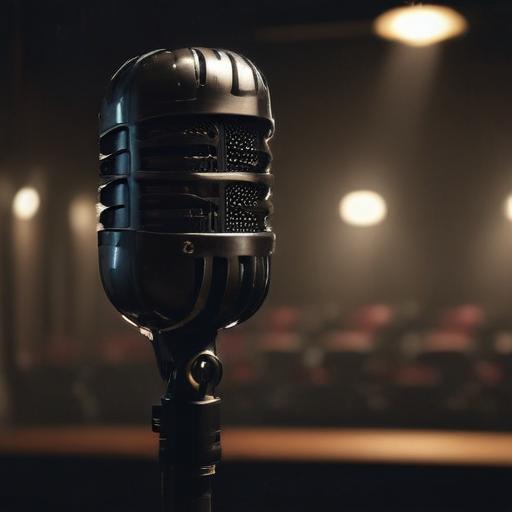Jon Stewart criticized CBS’s “The Late Show With Stephen Colbert” in a recent episode of “The Daily Show,” labeling it a submission to President Donald Trump. This critique comes amid Paramount Global’s merger with Skydance Media, which requires approval from the Trump Administration’s Federal Communications Commission.
The segment, noted for its strong language, culminated in Stewart encouraging institutions to “sack the f— up” or “go f— yourself.” Importantly, Comedy Central, which broadcasts “The Daily Show,” is not bound by the profanity constraints that apply to network stations like CBS.
In response to Stewart’s criticism, Stephen Colbert addressed the situation during his own monologue. Meanwhile, Trump reacted to the potential cancellation of Colbert’s show by mocking his abilities on Truth Social and predicting the end of late-night shows, while suggesting a Fox News host as a successor.
The discussion around vulgarity in media raises important questions about the boundaries of acceptable language in political discourse. Trump’s own use of profanity, including a notable comment on a ceasefire between Israel and Iran, has sparked debates on the appropriateness of such language in public dialogue.
Jon Ralston, CEO of The Nevada Independent, along with Evan Schreiber, contributed to this ongoing conversation regarding the standards of obscenity in both journalism and politics. This interplay of comedy and political commentary illustrates how public figures, regardless of their platform, are navigating the complex terrain of language and its implications in society.
This discourse serves as a reminder of the changing standards in media and the public’s increasing tolerance toward frank discussions, a positive indication that audiences may appreciate transparency and rawness in commentary.
